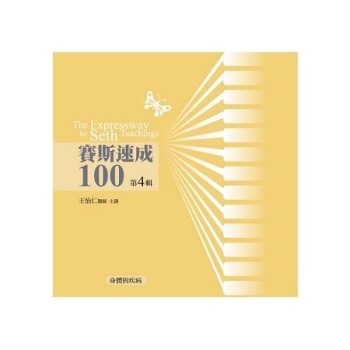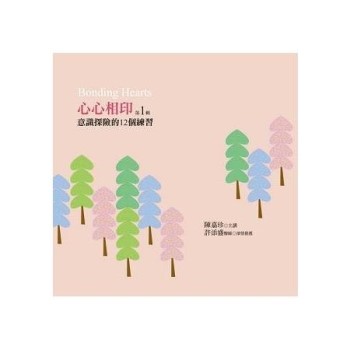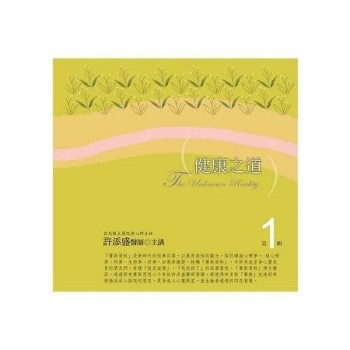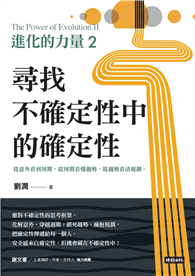This book is the result of research into the oral narratives of the storytellers of Tapiramutá/Bahia from a socio-educational perspective. It begins by emphasising oral narratives as cultural productions made up of imaginary elements that point to the social, ideological and identity representations of the subjects, as well as considering the potential of oral narratives as a source of knowledge that is intertwined with the multicultural/intercultural perspective of the curriculum.
| FindBook |
有 1 項符合
Oral narratives的圖書 |
 |
Oral narratives 作者:Barros Araújo 出版社:Our Knowledge Publishing 出版日期:2024-06-26 語言:英文 規格:平裝 / 144頁 / 22.86 x 15.24 x 0.86 cm / 普通級/ 初版 |
| 圖書館借閱 |
| 國家圖書館 | 全國圖書書目資訊網 | 國立公共資訊圖書館 | 電子書服務平台 | MetaCat 跨館整合查詢 |
| 臺北市立圖書館 | 新北市立圖書館 | 基隆市公共圖書館 | 桃園市立圖書館 | 新竹縣公共圖書館 |
| 苗栗縣立圖書館 | 臺中市立圖書館 | 彰化縣公共圖書館 | 南投縣文化局 | 雲林縣公共圖書館 |
| 嘉義縣圖書館 | 臺南市立圖書館 | 高雄市立圖書館 | 屏東縣公共圖書館 | 宜蘭縣公共圖書館 |
| 花蓮縣文化局 | 臺東縣文化處 |
|
|
圖書介紹 - 資料來源:博客來 評分:
圖書名稱:Oral narratives
Oral narratives 相關搜尋
Sex-education - A series of lectures concerning knowledge of sex in its relation to human lifeGeorge Washington’s Providence
The Battles of Texas: Adjuncts, Composition, and Culture Wars at UT Austin
The Battles of Texas: Adjuncts, Composition, and Culture Wars at UT Austin
English Grammar: Participles, Adverbs, Conjunctions, Prepositions, and Interjections
Elementary English Grammar: Practical Lessons Adapted To The Classroom
Anglo-Saxon Grammar And Exercise Book: With Inflections, Syntax, and Selections For Reading
Golden Steps to Respectability, Usefulness and Happiness: Being a Series of Lectures to Youth on Character, Principles, and Marriage
Beyond Good and Evil, by Friedrich Nietzsche: Prelude to a Philosophy of the Future
The Senses and The Mind
|











